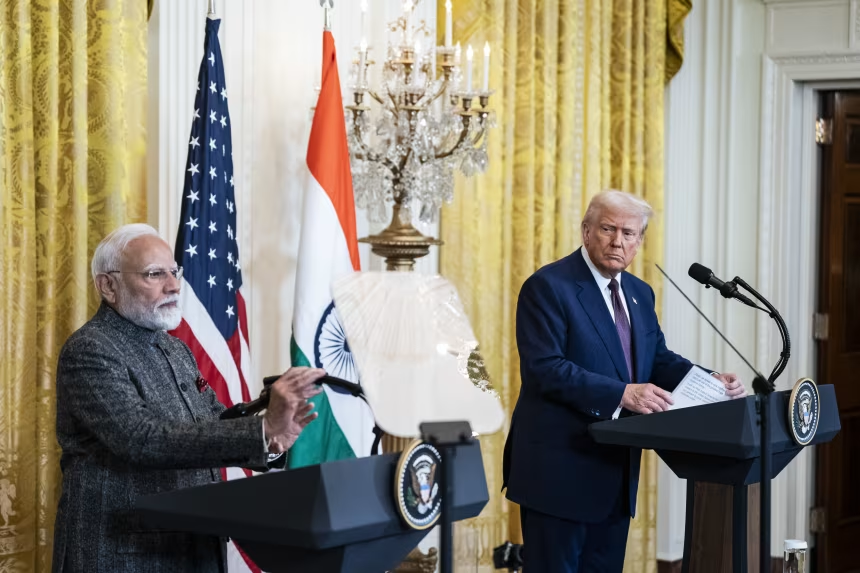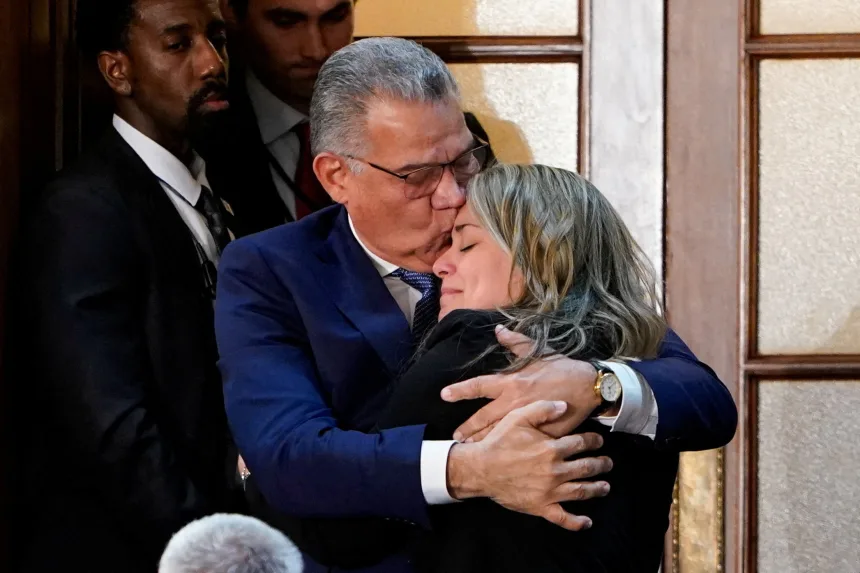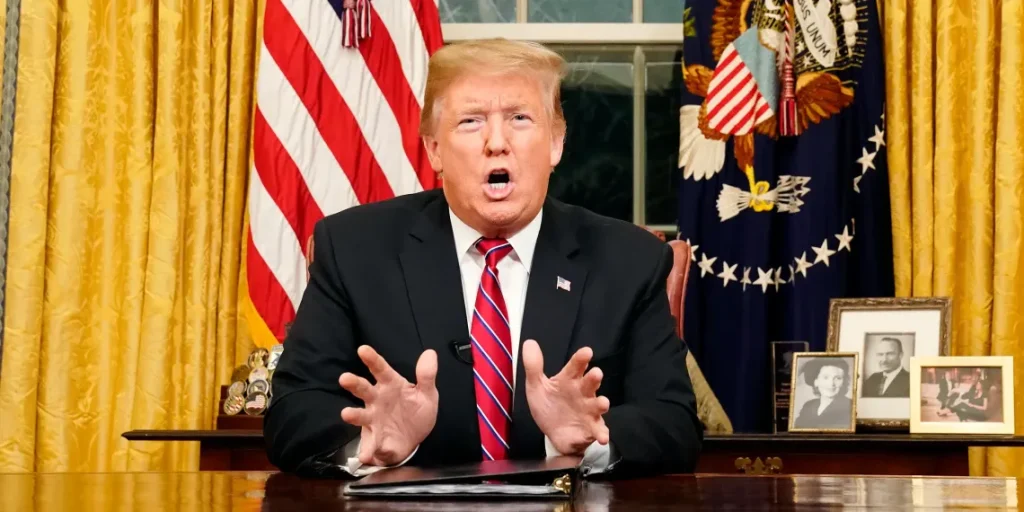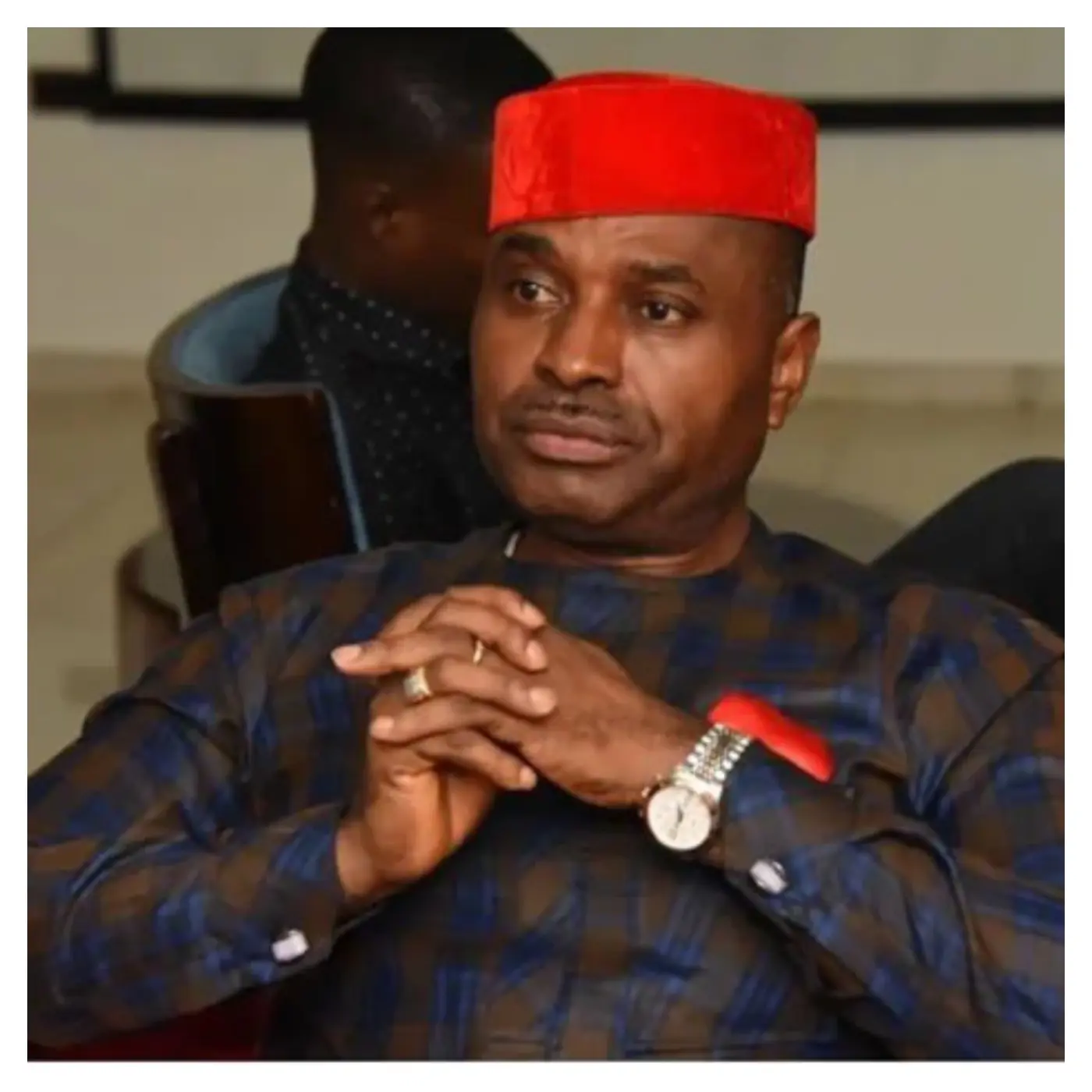Now Reading: Trump Claims India Will Halt Russian Oil Imports – New Delhi Denies Any Agreement
-
01
Trump Claims India Will Halt Russian Oil Imports – New Delhi Denies Any Agreement
Trump Claims India Will Halt Russian Oil Imports – New Delhi Denies Any Agreement

Tensions have intensified between Washington and New Delhi after US President Donald Trump claimed that Indian Prime Minister Narendra Modi assured him India would stop buying Russian oil, a key target of US sanctions. India has firmly denied the claim, signalling that the dispute over energy policy is far from resolved.
Trump announced on Wednesday that Modi had “assured me today that they (India) will not be buying oil from Russia,” calling it a “big step” in enforcing sanctions on Moscow.
The following day, India’s foreign ministry spokesperson, Randhir Jaiswal, told reporters he was “not aware of any conversation” between the two leaders regarding a cessation of Russian oil imports. India’s ministry reiterated the country’s position as a major global importer of oil and gas, emphasizing policies to diversify energy sources and ensure stable pricing, without directly mentioning Russia.
“Ensuring stable energy prices and secured supplies have been the twin goals of our energy policy. This includes broad-basing our energy sourcing and diversifying as appropriate to meet market conditions,” the ministry stated.
India has historically maintained close ties with Russia and is scheduled to host President Vladimir Putin later this year. Since Moscow’s invasion of Ukraine in 2022, India has emerged as one of the largest buyers of Russian crude, resisting repeated US calls to halt imports.
Earlier in August, Trump imposed an additional 25% tariff on India over Russian oil and gas imports, building on an earlier 25% tariff. Analysts warn that India’s crude volumes from Russia, estimated at 1.7–1.8 million barrels per day, are too substantial to be replaced immediately.
“Replacing that volume from the spot market is no easy task,” said Muyu Xu, senior oil analyst at Kpler. “Differences in crude quality and refinery yields make substitution far from a one-for-one swap.”
Data shows that while some state-owned refiners have reduced Russian imports in recent months, private companies have increased their purchases, reflecting the complexity of India’s energy market rather than an outright cessation of Russian crude.
The dispute underscores the challenges India faces balancing domestic energy needs with international pressure.




